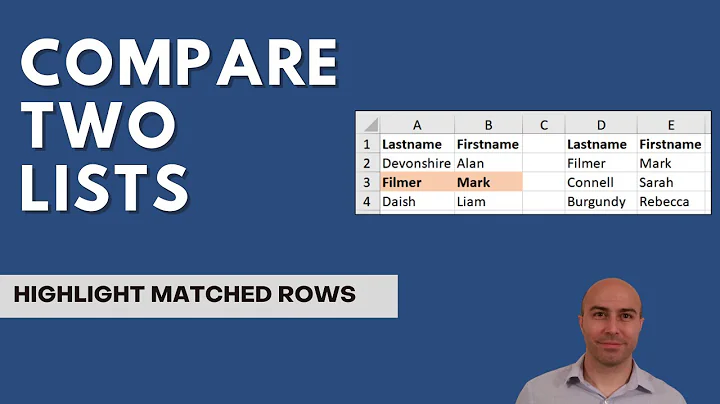Comparing list of values against table
there are many built in public collection types. you can leverage one of them like this:
with ids as (select /*+ cardinality(a, 1) */ column_value id
from table(UTL_NLA_ARRAY_INT(100, 200, 300)) a
)
select ids.id, case when m.id is null then '**NO MATCH**' else m.value end value
from ids
left outer join my_table m
on m.id = ids.id;
to see a list of public types on your DB, run :
select owner, type_name, coll_type, elem_type_name, upper_bound, precision, scale from all_coll_types
where elem_type_name in ('FLOAT', 'INTEGER', 'NUMBER', 'DOUBLE PRECISION')
the hint
/*+ cardinality(a, 1) */
is just used to tell oracle how many elements are in our array (if not specified, the default will be an assumption of 8k elements). just set to a reasonably accurate number.
Related videos on Youtube
ffflyer
Updated on September 14, 2022Comments
-
ffflyer over 1 year
I tried to find solution for this problem for some time but without success so any help would be much appreciated. List of IDs needs to be compared against a table and find out which records exist (and one of their values) and which are non existent.
There is a list of IDs, in text format:100, 200, 300a DB table:
ID(PK) value01 value02 value03 ..... -------------------------------------- 100 Ann 102 Bob 300 John 304 Marry 400 Janeand output I need is:
100 Ann 200 missing or empty or whatever indication 300 JohnObvious solution is to create table and join but I have only read access (DB is closed vendor product, I'm just a user). Writing a PL/SQL function also seems complicated because table has 200+ columns and 100k+ records and I had no luck with creating dynamic array of records. Also, list of IDs to be checked contains hundreds of IDs and I need to do this periodically so any solution where each ID has to be changed in separate line of code wouldn't be very useful. Database is Oracle 10g.







